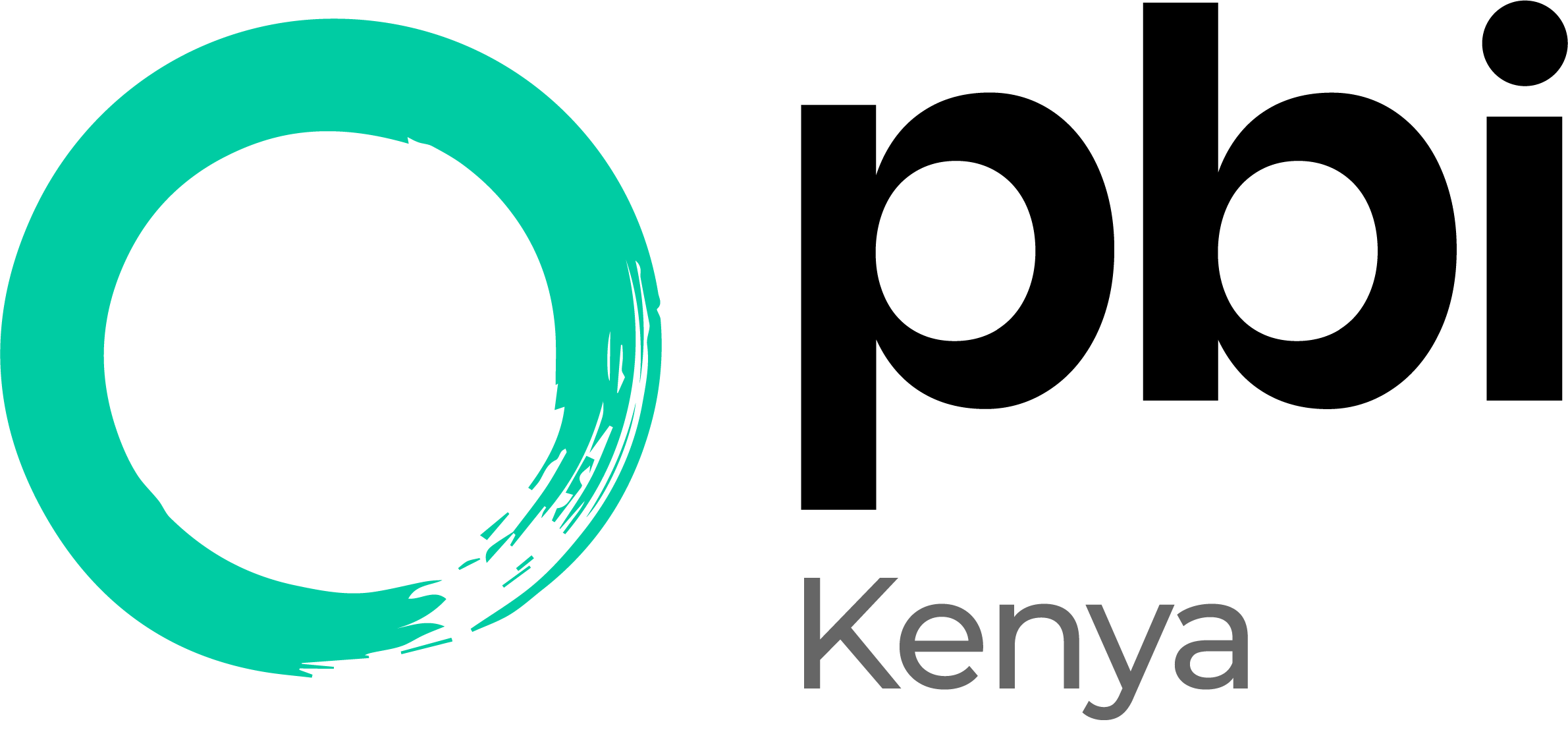“Women need to be in power because women are powerful and very bold.”
I was born in Kibera and then I moved up country with my family. When I came back to Nairobi, I ran a community-based organisation (CBO) in Dandora to empower women on their human rights, in particular gender-based violence and defilement cases. We also taught entrepreneurship because we used to build women’s skills so they can survive on their own.
